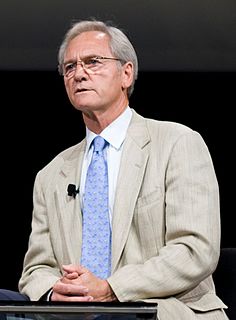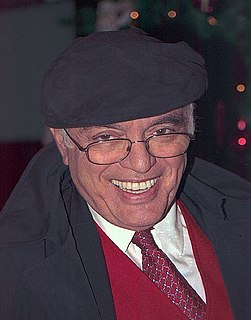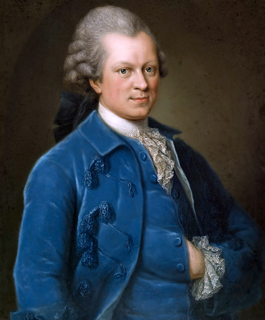A Quote by Teju Cole
There was a feeling during the years of George W. Bushs presidency that his gracelessness as well as his appetite for war were linked to his impatience with complexity. He acted from the gut, and was economical with the truth until it disappeared.
Related Quotes
I had been secretary of state for eight years, attorney general for four years, lieutenant governor for four years, and governor for four years - I had all these friends around the country - so I thought I could gin up a campaign not for me but against George W. Bush, against his war, against his economic policies, and against his education policies.
With nearly two years remaining in his presidency, George W. Bush is alone. In half a century, I have not seen a president so isolated from his own party in Congress - not Jimmy Carter, not even Richard Nixon as he faced impeachment. Republicans in Congress do not trust their president to protect them.
I gave examples from my clinical practice of how love was not wholly a thought or feeling. I told of how that very evening there would be some man sitting at a bar in the local village, crying into his beer and sputtering to the bartender how much he loved his wife and children while at the same time he was wasting his family's money and depriving them of his attention. We recounted how this man was thinking love and feeling love--were they not real tears in his eyes?--but he was not in truth behaving with love.
The true value of man is not determined by his possession, supposed or real, of Truth, but rather by his sincere exertion to get to the Truth. It is not possession of Truth by which he extends his powers and in which his ever-growing perfectability is to be found. Possession makes one passive, indolent and proud. If God were to hold all Truth concealed in his right hand, and in his left only the steady and diligent drive for Truth, albeit with the proviso that I would always and forever err in the process, and to offer me the choice, I would with all humility take the left hand.
Branches grew from his hands, his hair. His thoughts tangled like roots in the ground. He strained upward. Pitch ran like tears down his back. His name formed his core; ring upon ring of silence built around it. His face rose high above the forests. Gripped to earth, bending to the wind's fury, he disappeared within himself, behind the hard, wind-scrolled shield of his experiences.
No technological achievements can mitigate the disappointment of modern man, his loneliness, his feeling of inferiority, and his fear of war, revolution and terror. Not only has our generation lost faith in Providence but also in man himself, in his institutions and often in those who are nearest to him.
In His discourses, His miracles, His parables, His sufferings, His resurrection, He gradually raises the pedestal of His humanity before the world, but under a cover, until the shaft reaches from the grave to the heavens, whenHe lifts the curtain, and displays the figure of a man on a throne, for the worship of the universe; and clothing His church with His own power, He authorizes it to baptize and to preach remission of sins in His own name.



































